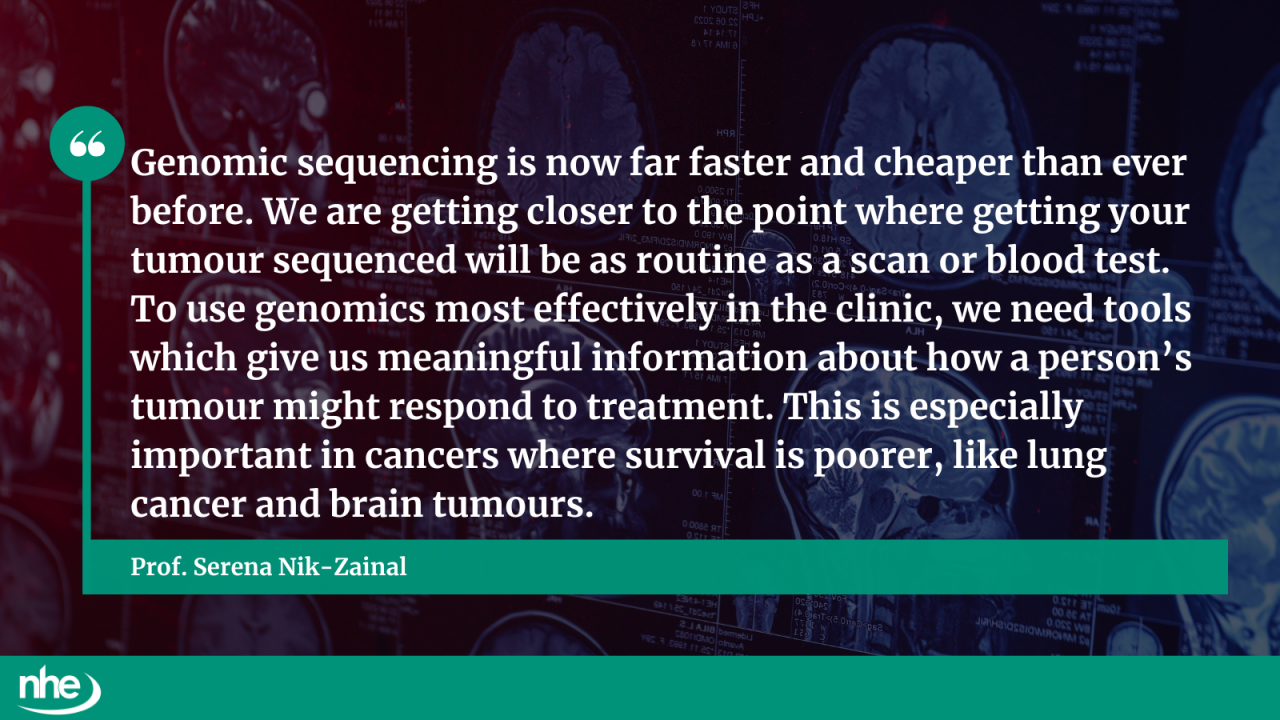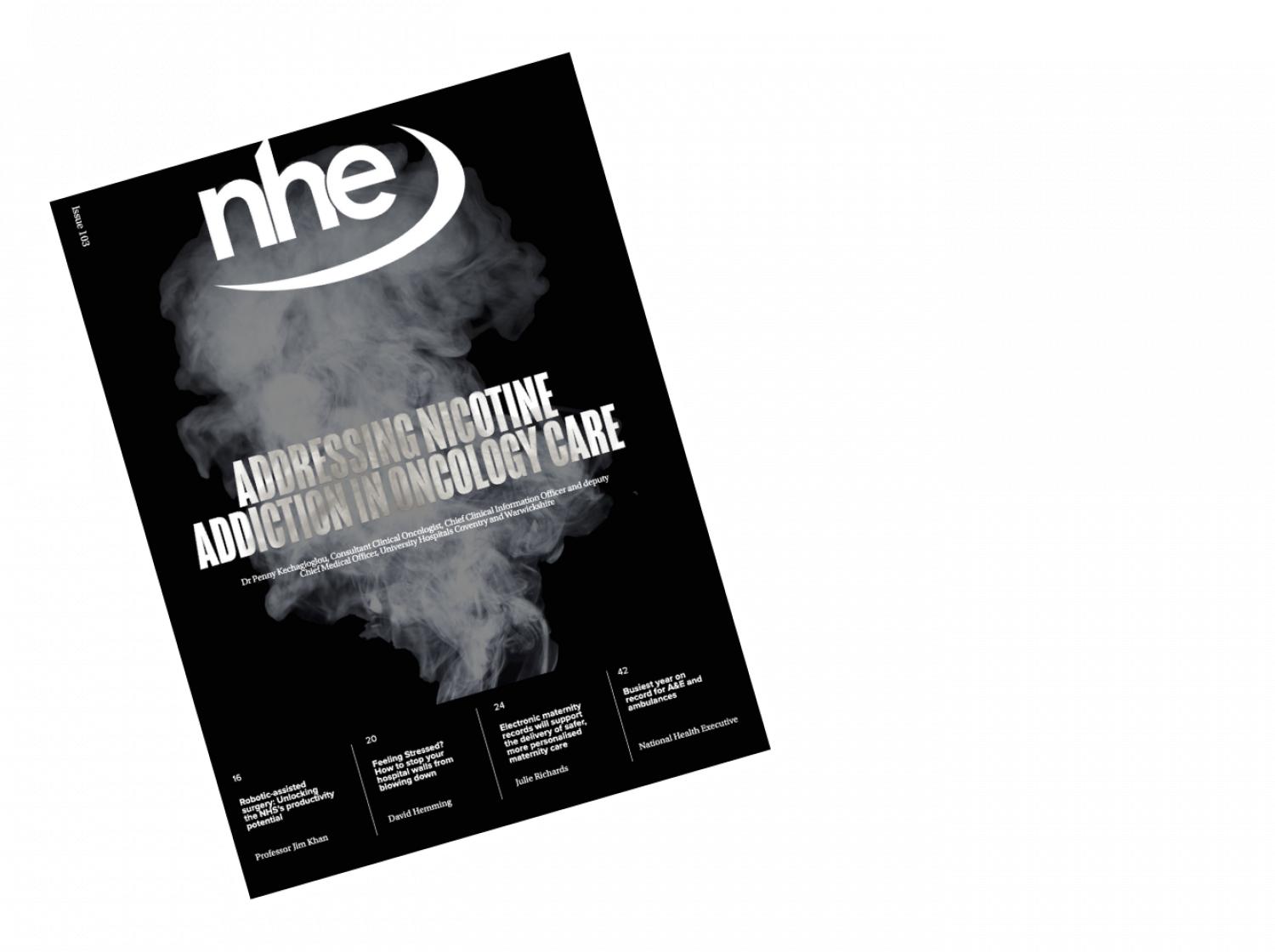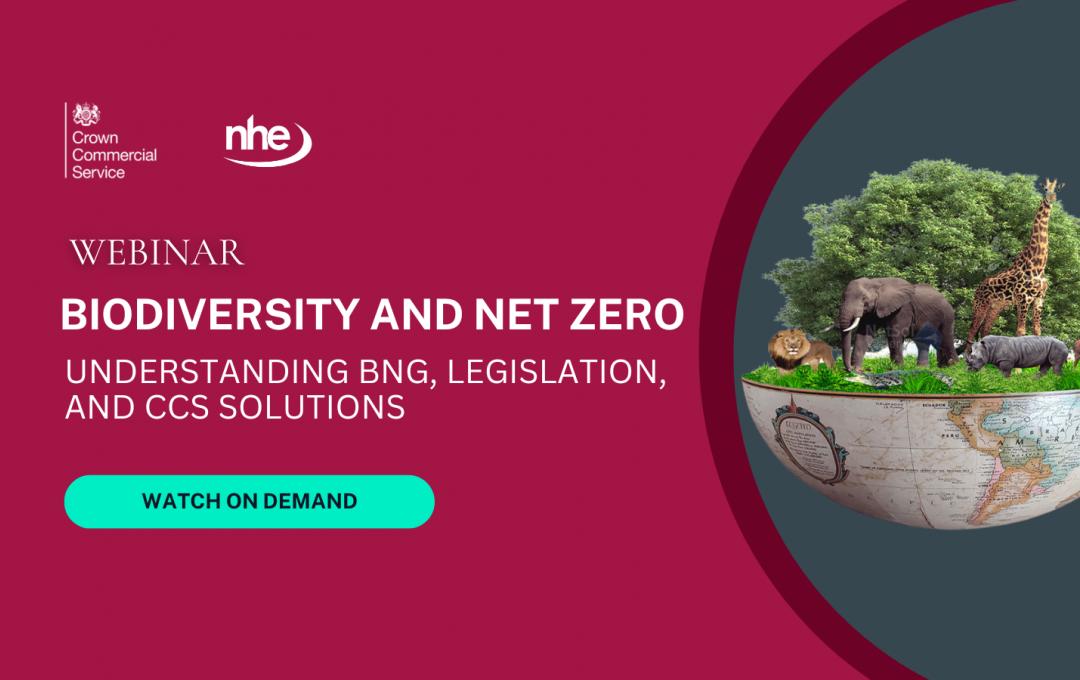Researchers have unveiled a groundbreaking 'metal detector' algorithm, PRRDetect, which could revolutionise cancer treatment by identifying vulnerable tumours.
The study, published today in Nature Genetics, was funded by the NIHR Research Professorship and Cancer Research UK, and conducted at the University of Cambridge and NIHR Cambridge Biomedical Research Centre.
The research team analysed the full DNA sequence of 4,775 tumours from seven types of cancer, using data from Genomics England’s 100,000 Genomes Project. They developed PRRDetect, an algorithm capable of identifying tumours with DNA faults that make them easier to treat. This innovation could pave the way for personalised treatment plans, increasing patients' chances of survival.
PRRDetect identifies tumours with post-replicative repair dysfunction, a condition where DNA repair mechanisms are faulty. Tumours with PRRd are more sensitive to immunotherapy, a treatment that uses the body's immune system to attack cancer cells. The algorithm enables researchers to pinpoint patients more likely to respond successfully to immunotherapy.

Professor Serena Nik-Zainal, Professor of Genomic Medicine and Bioinformatics at the University of Cambridge, commented:
“Genomic sequencing is now far faster and cheaper than ever before. We are getting closer to the point where getting your tumour sequenced will be as routine as a scan or blood test. To use genomics most effectively in the clinic, we need tools which give us meaningful information about how a person’s tumour might respond to treatment. This is especially important in cancers where survival is poorer, like lung cancer and brain tumours.
“Cancers with faulty DNA repair are more likely to be treated successfully. PRRDetect helps us better identify those cancers and, as we sequence more and more cancers routinely in the clinic, it could ultimately help doctors better tailor treatments to individual patients.”
The study found unusual patterns of indel mutations—insertions or deletions in the DNA sequence—in cancers with PRRd. These patterns were used to develop PRRDetect, which can identify PRRd tumours from a full DNA sequence. The research included bowel, brain, endometrial, skin, lung, bladder, and stomach cancers, with whole genome sequences provided by the 100,000 Genomes Project.
The study identified 37 different patterns of indel mutations across the seven cancer types, with 10 linked to known causes of cancer, such as smoking and UV exposure, eight linked to PRRd, and 19 potentially linked to unknown causes or cellular mechanisms.
Research collaborations, such as those funded by NIHR, accelerate innovation by providing access to the latest equipment and technology, bringing research closer to communities across the UK. The study builds on previous cancer genome research by Professor Nik-Zainal, funded by Cancer Research UK.
Image credit: iStock



















